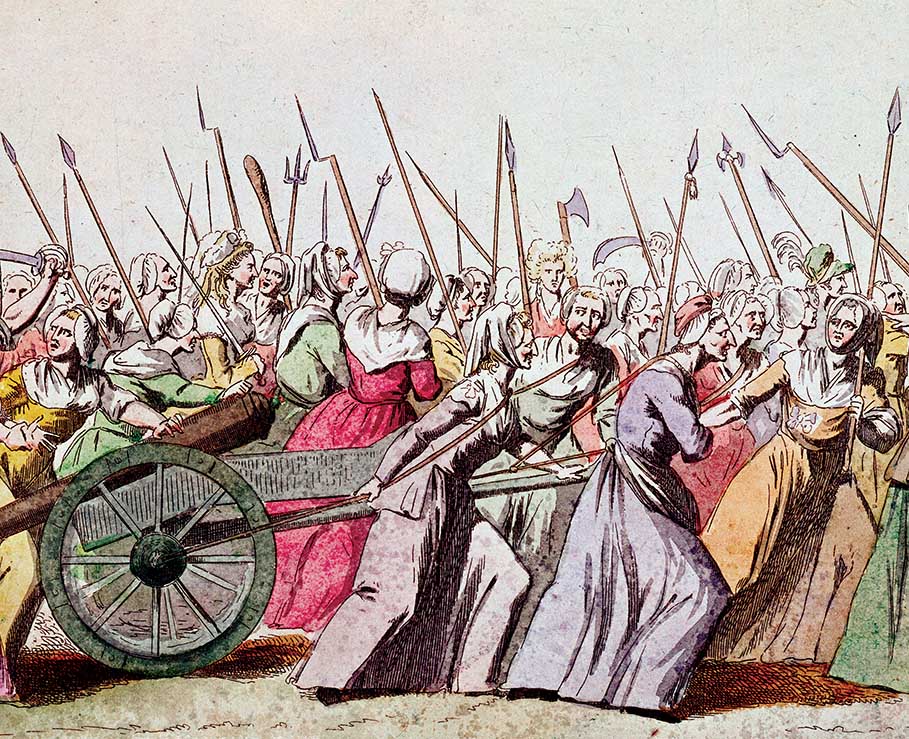A Liberal History | History Today - 2 minutes read

Long considered the dominant ideology of the West, liberalism is in crisis. Its principles are in retreat around the world. Populism, authoritarianism and nationalism are on the rise. The Economist recently sounded the alarm: ‘Liberalism made the modern world, but the modern world is turning against it.’ The Economist’s index categorises the United States as a ‘flawed democracy’.
It is not just that liberalism is under attack from its traditional enemies. Voters in the West have begun to doubt that the system works for them. Some say that liberal elites have become complacent. ‘Liberalism’s central problem’, says the Economist, is that it has ‘lost sight of its essential values’. Another problem, however, is rarely discussed: What does ‘liberalism’ actually stand for?
Given its central importance to Western politics, the lack of consensus is strange. For some, liberalism refers to the Lockean idea of individual rights and free markets; for others, it means the welfare state. In many parts of the world, being liberal in colloquial parlance means favouring ‘small government’, while in the US it means favouring ‘big government’. Some speak of a ‘classical liberalism’, which is supposedly more authentic than that of today. How can its ‘essential values’ be recovered when we do not agree on what these are?